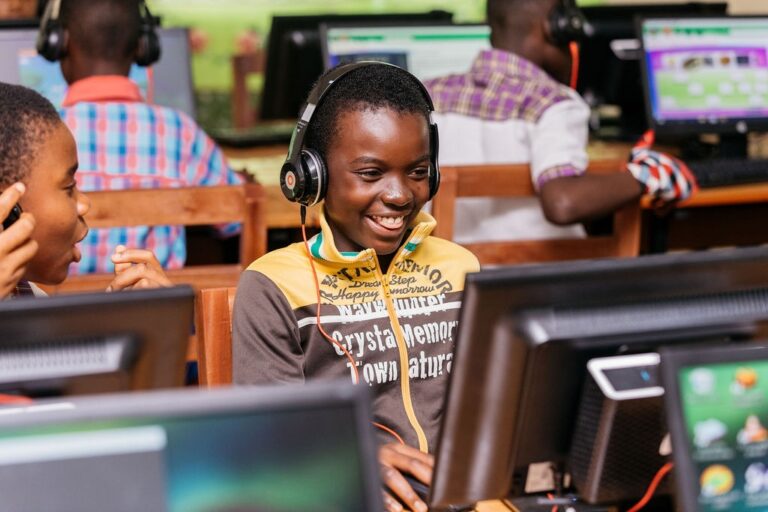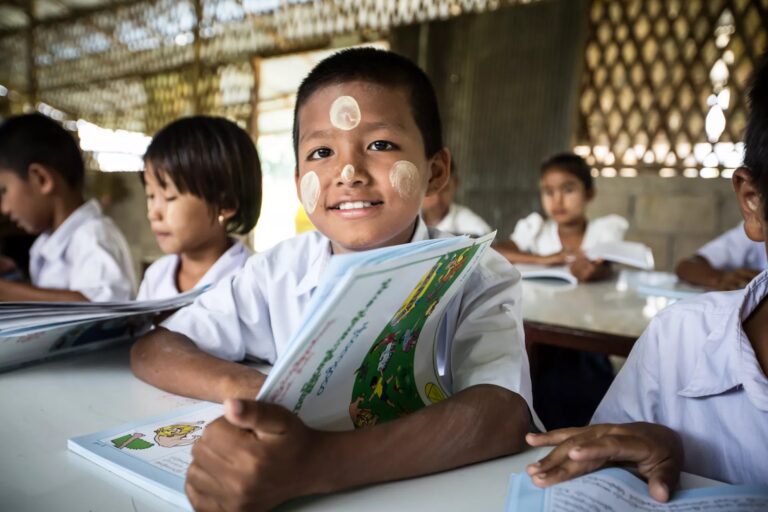Story Source: INTERNATIONAL THE NEWS ~ Go to Original Article
On August 3, then minister for education and literacy Syed Sardar Shah in the Sindh cabinet announced his school education plan focusing on the enrollment of around 4.2 million out-of-school children. Two days later, he was removed from his post in a major cabinet reshuffle and Chief Minister Syed Murad Ali Shah, who already possessed all-important portfolios of home affairs, finance, planning, and development, kept the education ministry too.
Critics say such decisions show the Sindh government’s non-seriousness towards education as the department is being run without the education minister despite the fact the province is far behind in a number of indicators, including access to education, quality and equity which measures progress against the goals set by Article 25-A of the Constitution of Pakistan, the Sindh Right of Children to Free and Compulsory Education Act, 2013, and the Sustainable Development Goals set by the United Nations..……………………..



![[Preliminary Report] CRNA Collaborative Research for Exploring Factors Nurturing"Happy and Resilient" Children among Asian Countries](https://equity-ed.net/wp-content/uploads/2024/09/1725672182698.jpg)


